When Pearl Jam Took on Ticketmaster
It was like David vs. Goliath in the 1990s...but with a different outcome
*Before we begin, I’d like to thank you for checking out Curious Minds.
Today I am celebrating two years of writing Curious Minds - and this is my 101st issue.
When I started Curious Minds on February 3, 2021, I wanted to tell stories that would add a bit of joy to your inbox.
Each week it’s my goal to inform or inspire you - or maybe just help you win a trivia contest.
Whether it’s your first read or your 101st (Hi, Aunt Sally!), thanks for letting me share the joy of curiosity with you.
Now, get out your flannel shirt and your CD collection, as I am taking you back to the 1990s for today’s story…
Isn’t it exciting when you hear one of your favorite singers or groups announce a concert tour?
You might get yourself on a presale list through LiveNation or their credit card partner, hoping for the best.
You log in early, Ticketmaster puts you in the waiting room, and then when the tickets are officially on sale…
You find yourself number 61,636 in the queue.
For a venue that holds 20,000 people.
I have had this experience with Ticketmaster four times this year – for the Foo Fighters, Harry Styles, Taylor Swift, and last month, Madonna.
And, by the time you’re reading this, I will probably still be in the queue for this one:
But I remember – long ago – when one band used their power to try to take on the behemoth that is Ticketmaster.
Sadly, they weren’t successful.
But what actually happened?
I was curious…
This story begins in 1992, when the rock band Pearl Jam were superstars.
Their debut album Ten catapulted them into the mainstream, and would go on to become one of the best-selling alternative albums of the 1990s.
In September that year, the band decided to thank their fans by throwing a free concert in Seattle, their hometown.
But Ticketmaster wanted to charge a $1 service fee for each free pass it distributed.
The band wanted the concert to be free, and said no to Ticketmaster, and distributed the tickets on their own.
Unlike a lot of bands at that time, Pearl Jam was mindful of the prices of their tickets and merchandise.
When most bands were charging $25 for a concert T-shirt, Pearl Jam was selling them for $18.
“We swore when we formed this band that if we ever got successful we would make sure we did something to keep our concert prices down,” said Pearl Jam’s guitarist Stone Gossard.
“But we decided to take it one step at a time.”
Due to Pearl Jam’s huge popularity, promoters were urging the band to charge $50 per ticket for their concerts.
But instead, the band actually lowered the face price of their concert tickets to just $18.
Pearl Jam wasn’t going to go hungry – but they arguably turned down millions of dollars with their lower-priced policies.
As one promoter told the Los Angeles Times in 1994, “Unlike a lot of other acts, Pearl Jam is not greedy.”
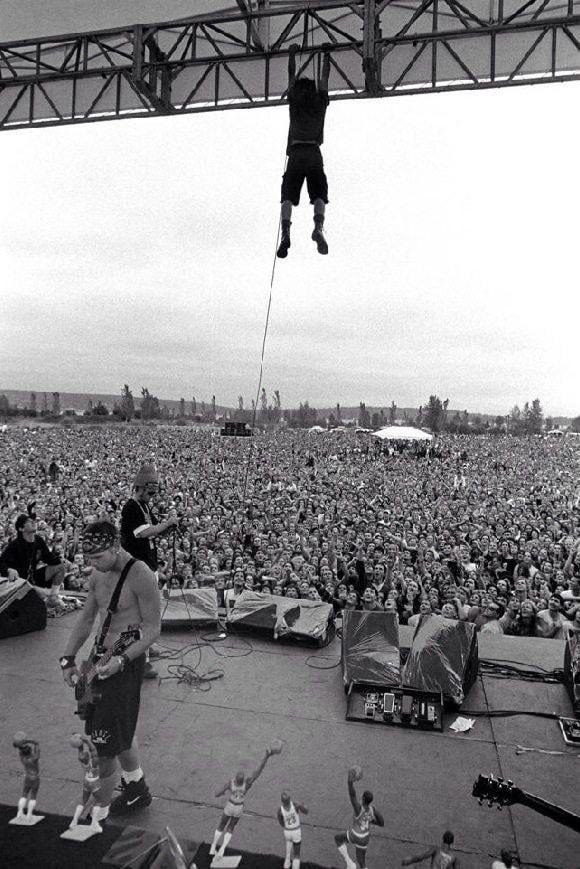
But Pearl Jam’s relationship with Ticketmaster took another hit just before tickets went on sale for the tour’s final shows in Seattle, when there was disagreement over a charitable contribution.
The band believed both they and Ticketmaster would make a donation from the show’s service fees to a local program for impoverished children.
But just before the tickets were to go on sale, Ticketmaster announced they would be adding a $1 surcharge to cover their portion of the donation.
The band was furious, and ready to cancel the concert.
Eventually the two parties came to an agreement (Ticketmaster agreed to make a smaller donation, with no additional surcharge) and the tickets went on sale as planned.
“The last-minute nature of that episode was a real eye-opener for us,” said Kelly Curtis, the band’s manager.
“Most people we deal with don’t do business that way – especially when it involves raising money for a good cause.”
But then things really came to a head in March 1994.
The band was preparing for a 24-date spring tour, and would only play in venues that agreed to charge $18 per ticket – with no more than 10% service fees on top.
Pearl Jam also wanted to be transparent about the fees to fans – and insisted that the amount of the service charge be printed on the ticket.
And the band also refused to have paid advertisements on the back of their tickets, which was another source of revenue for Ticketmaster.
This was not how it was done, and Ticketmaster fought back.
At the time, Ticketmaster was charging $4-8 per ticket in fees.
They claimed that a $1.80 fee would not cover the costs of most mainstream venues, where they would have to pay building owners, promoters, and retailers.
They argued that their costs often exceeded $2 per transaction, which included giving a portion of fees to major promoters and arena owners in exchange for exclusive ticket distribution contracts.
They also didn’t want to lose the revenue stream from advertising on the back of the ticket (revenue they did not split with the band).
Ticketmaster and Pearl Jam continued to argue about the terms.
After another argument about the fees for a Chicago show, the band was “pretty frustrated” according to Gossard.
“There’s no doubt that (Ticketmaster) takes more of the total ticket percentage than they deserve,” Gossard said.
“We really just got sick of arguing about it.”
So Pearl Jam decided to take matters into their own hands.
They decided to stage their own outdoor summer concerts.
They hired a company to identify parcels of open land, and consulted with promoters about staging concerts in venues not associated with Ticketmaster.
They explored alternative ticket distribution methods for a tentative 20-date tour that would kick off in July.
But Ticketmaster wasn’t going to make it easy for them.
They wrote to promoters, warning they could face lawsuits if they booked Pearl Jam under the band’s conditions.
Despite the threats, the band pressed on, and performed more than a dozen concerts without incident.
But the day before they were due to perform at the Paramount Theatre in the Madison Square Garden complex, the band claimed Ticketmaster threatened to sue them for “tortiously interfering” with the exclusive arrangements they had with promoters.
The band was worried about Ticketmaster’s interference, and how it might disrupt future shows.
“What if we had spent two months assembling the show and Ticketmaster threatened the promoter with a lawsuit one hour before we were set to hit the stage?” Curtis said.
“We just couldn’t risk it.”
Pearl Jam abandoned their concert plans (and a tour that could have grossed an estimated $9 million over the summer) – but they didn’t give up.
“People shouldn’t have to pay an arm and a leg just to go out and see a concert.”
-Stone Gossard
Though the summer concerts were off the table, the band’s fight with Ticketmaster continued.
In 1994, the Justice Department announced they were investigating claims that Ticketmaster operated a monopoly over ticket sales, and the band was called to testify before the US Congress.
That November, the band released their third album, Vitalogy.
It was a smash, selling nearly one million copies in the first week.
Pearl Jam announced they would tour the following summer – without Ticketmaster.
It was a great idea in theory – but much harder in execution.
Even for the biggest band in the world.
For starters, Ticketmaster had 90 percent of the venues locked down, limiting where Pearl Jam could actually hold a concert.
And boycotting Ticketmaster meant Pearl Jam was in charge of all of the elements of putting together a concert – from selling tickets and providing security to making sure there were enough toilets.
“We were having week-long meetings about chain-link fences and porta potties,” said lead singer Eddie Vedder.
“We had to handle everything ourselves,” said guitarist Mike McCready.
“We were so hardheaded about the 1995 tour. Had to prove we could tour on our own, and it pretty much killed us, killed our career.”
-Jeff Ament
Pearl Jam had hoped that other artists would join them on the picket line.
But none did.
“There were other people who had opportunities to join in,” Vedder said in 2009.
“These were people I feel who could afford to make a stand.”
“Instead, they actually cut deals with that company.”
(Who could have joined Ticketmaster? Though Vedder did not name names in the interview, R.E.M. seem like an obvious choice. Their attorney and co-manager Bertis Downs testified against Ticketmaster in 1994. But the band still used Ticketmaster for their Monster tour that summer, where Ticketmaster charged $6.50 in fees to book a $40 ticket by phone.)
Pearl Jam hoped the US government would step in.
After the hearings, House Democrats introduced legislation, referred to as “The Pearl Jam bill” that would have required ticket brokers in entertainment and sporting events to print service charges clearly on the ticket or receipt.
But the bill died.
“We were asked by the US government to testify to the fact that Ticketmaster was a monopoly,” McCready said.
“They came to us – we didn’t go searching for it. We were the only ones who went up there and gave evidence.”
In the summer of 1995, the Justice Department closed their investigation, and said Ticketmaster was not breaching anti-trust laws.
“In the end, it was ruled that they weren’t a monopoly and we were pretty much left hanging out to dry,” McCready said.
After the release of their fourth album in 1996, Pearl Jam played concerts at venues that weren’t affiliated with Ticketmaster.
In 1998, after the release of their fifth album, the band agreed to start playing some Ticketmaster venues, with their tickets rising to $22.
“We did want to make a point on how difficult it was to tour without Ticketmaster, and we made the point,” said Curtis.
“What we were trying to say was: this could get worse if someone doesn’t fight it now,” Vedder said in a 2009 interview.
In 2010, Ticketmaster merged with the world’s largest concert promoter Live Nation, creating a corporate giant.
And what Vedder predicted sadly came true.
Today, ticket prices are at record highs.
There is no transparency about Ticketmaster’s fees – and an $8 service fee seems like a lifetime ago.
Ticketmaster even introduced a “dynamic pricing” system that has seen prices go through the roof – and were criticized for charging more than $5000 for a single ticket to Bruce Springsteen’s upcoming tour.
“That was a learning experience. It bruised our muscle of idealism. We were young and naïve and thought you could change things.”
- Eddie Vedder in New York Times interview (January 2022)
But might there be hope for music lovers?
Perhaps.
Following the debacle with online sales for Taylor Swift’s Eras Tour, the US Department of Justice is investigating Ticketmaster again.
US Senators recently criticized Live Nation’s fee structure and lack of transparency, as well as their inability to deal with bots.
The hearings are also giving senators the opportunity to leverage the Taylor Swift song catalogue for a lot of puns…
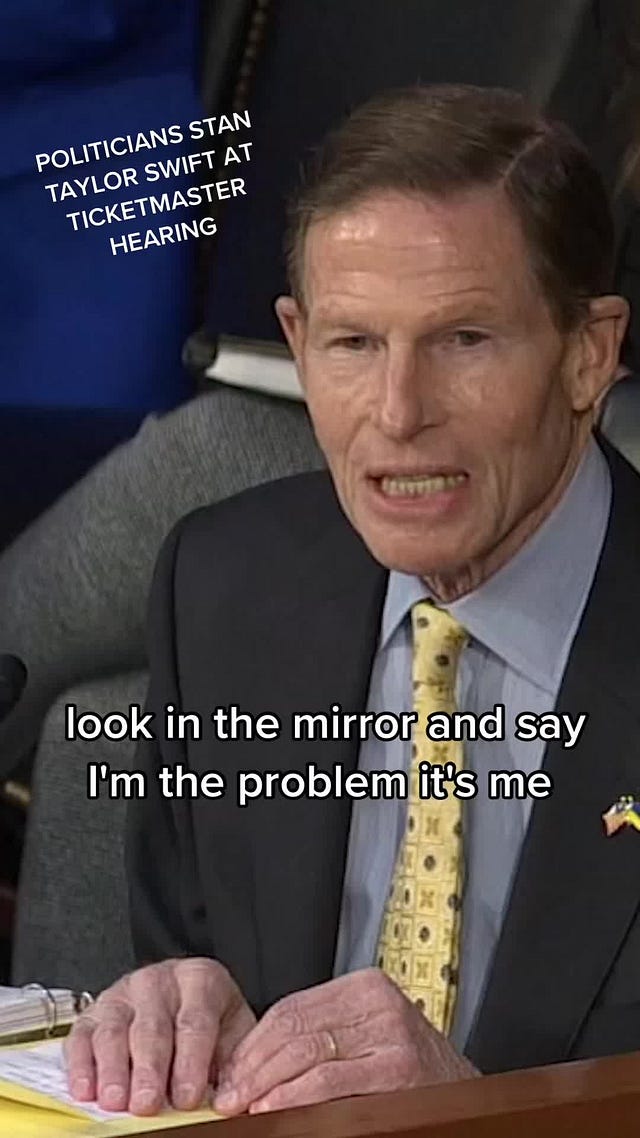
 Tiktok failed to load.
Tiktok failed to load.Enable 3rd party cookies or use another browser
Maybe Pearl Jam couldn’t beat Ticketmaster in the 1990s.
But now Ticketmaster faces the wrath of the internet – and the Swifties.
Will it be enough?
Time will tell.
But somewhere, I suspect the members of Pearl Jam are smiling.
Want to remind yourself why Pearl Jam was the biggest band in the world?
Here’s a playlist with more than five hours of Pearl Jam to remind you.
FUN FACT:
Pearl Jam Inspired Coachella
Back when Pearl Jam was searching for alternate performance space, concert promoter Paul Tollett helped them find the Empire Polo Club in Indio, California.
The success of the Pearl Jam show gave Tollett an idea to hold an annual festival there.
In 1999, that idea became the first Coachella Festival.
Thanks for reading!
I’m now going to put on Pearl Jam while I wait in the queue for Beyonce tickets. Only 400,251 people in front of me!
Recent Work and Writing
Prince Andrew Is Still in Hot Water — And a new photo has me wondering if journalistic integrity has gone down the drain.
Google Employees Deserved Better — Just because you can do something doesn’t mean you should.
Go Hug Yourself — We can do more to reach gender equity than this.
Take Responsibility: Words are great. But they aren’t enough.
How Can I Help?
I’ll keep saying it: Communication matters.
This week we’ve seen stories that illustrate this point — from the lack of communication by the CEO of FedEx, and the messy messages from a UK politician trying to rehabilitate his image, and the harsh (but hilarious) words written by actor Eva Green.
If you want to improve your communication (and get all the good things that come with that), I’m your gal.
So many companies could reap significant benefits – from performance and culture to retention and engagement – by improving their communication.
So, if you know someone who could benefit from some help (as even the most seasoned leaders do), please get in touch and check out my website for more information.
You can also see my Top 10 list of what I can (and can’t) do for you here.
And if you see any communication examples (the good, the bad, and the ugly) that you think are worth analyzing or sharing, please send them my way!
Until next time, stay curious!
-Beth

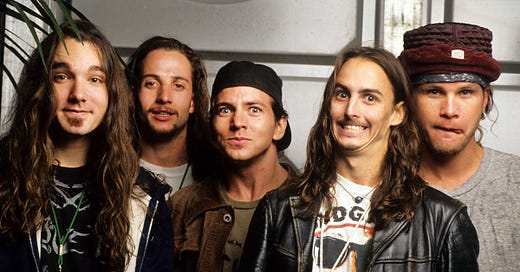



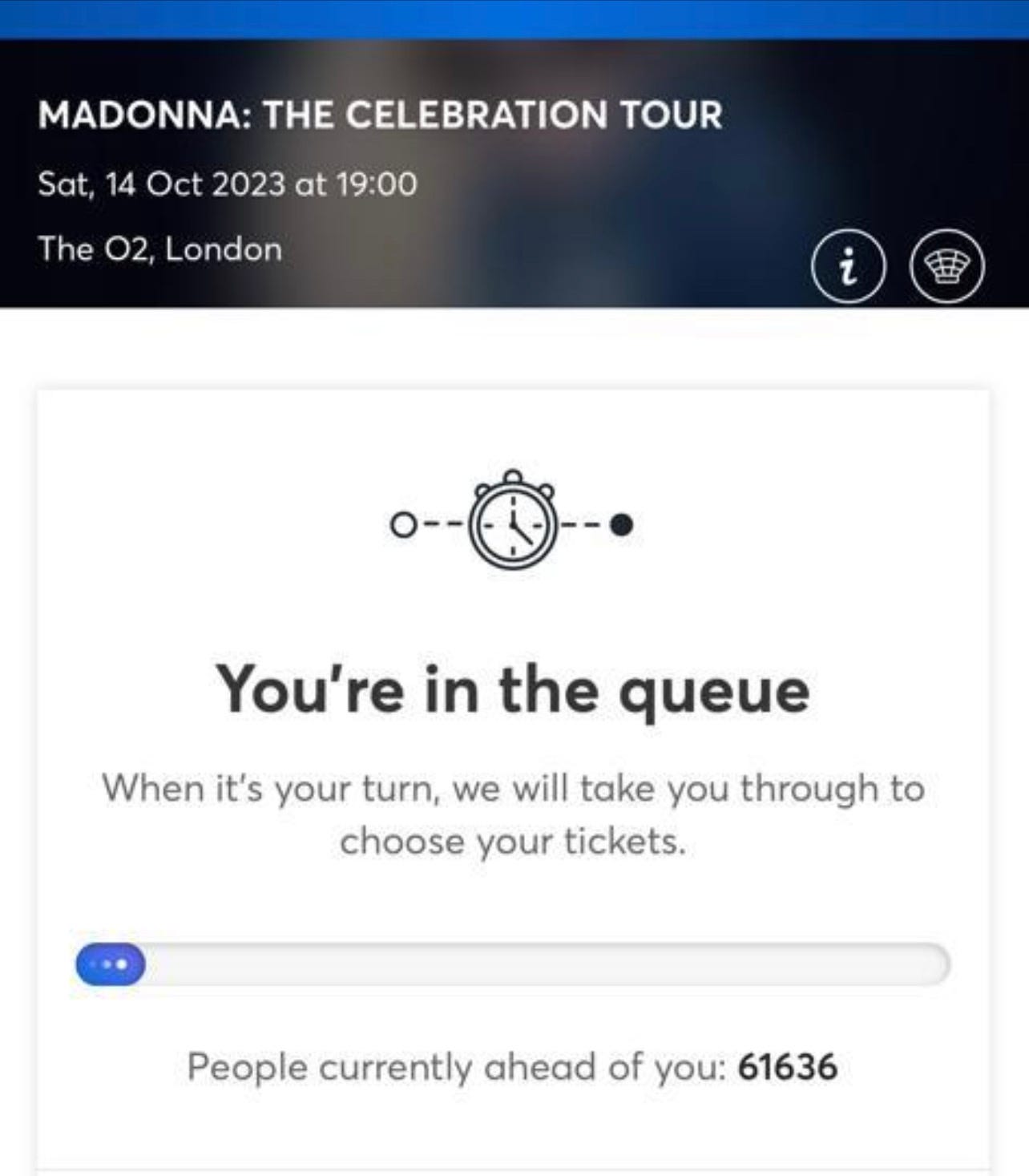
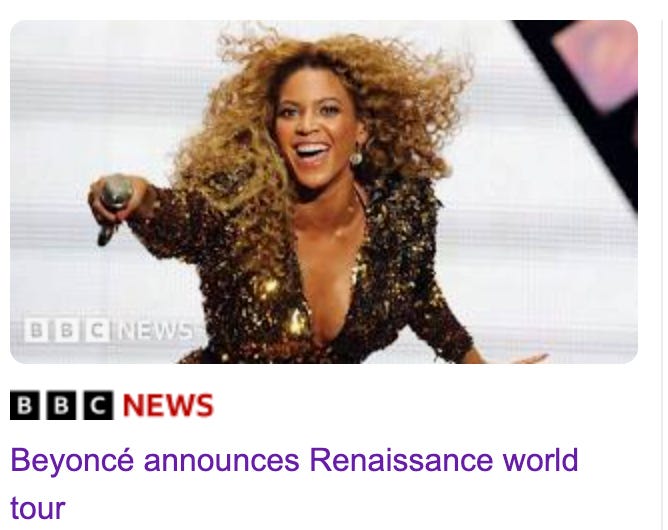

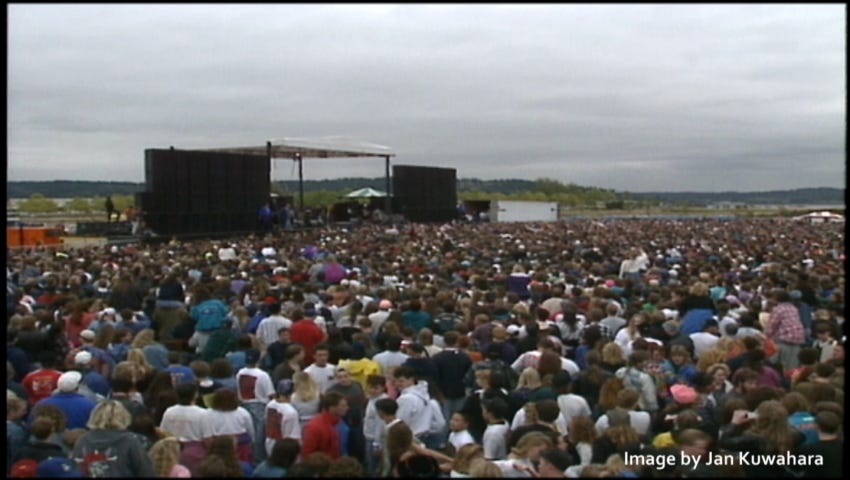
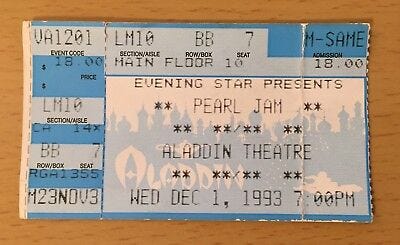

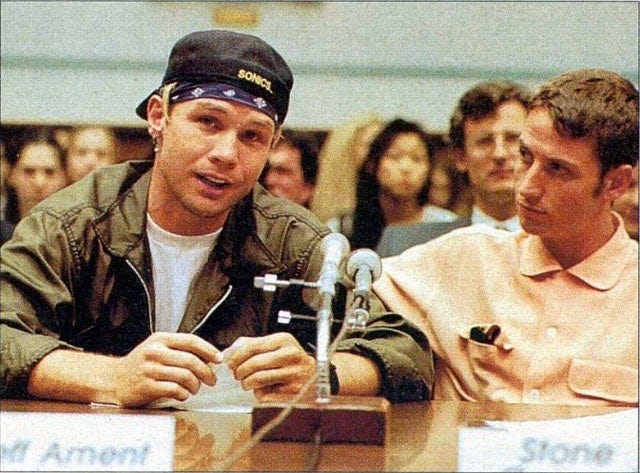

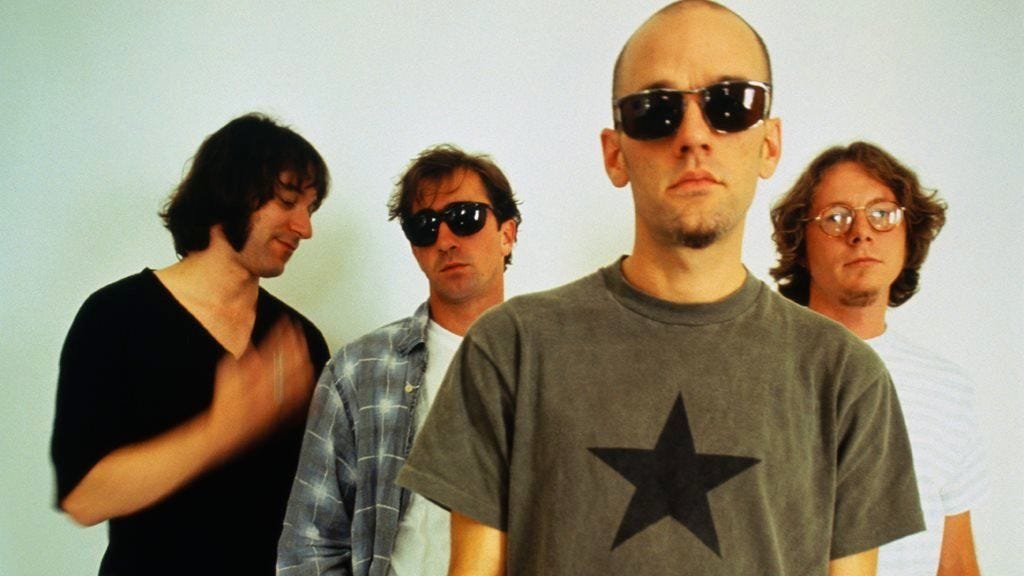
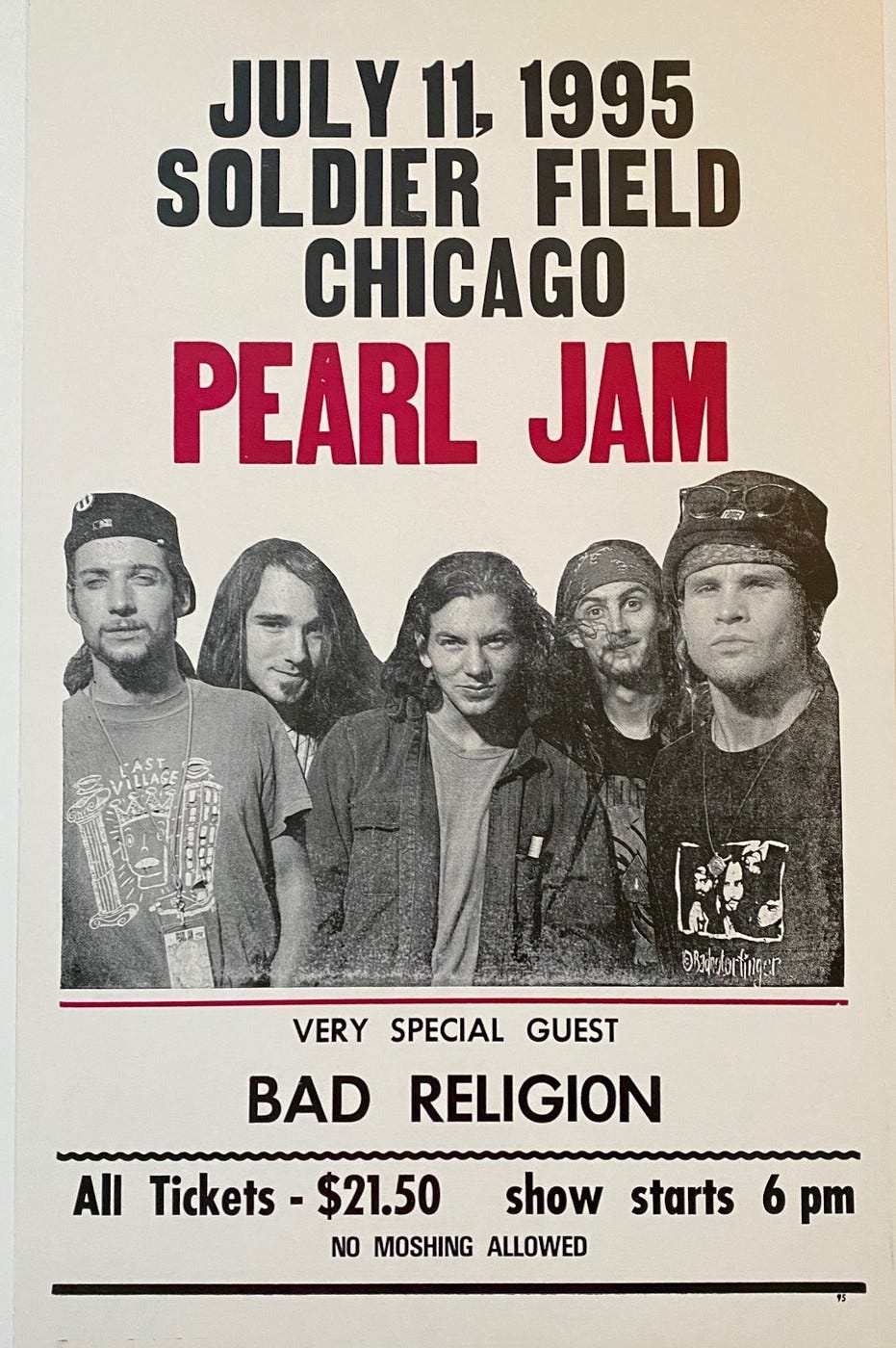

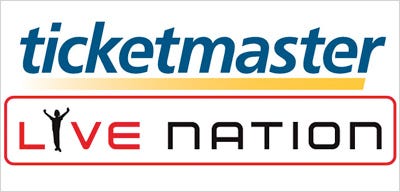
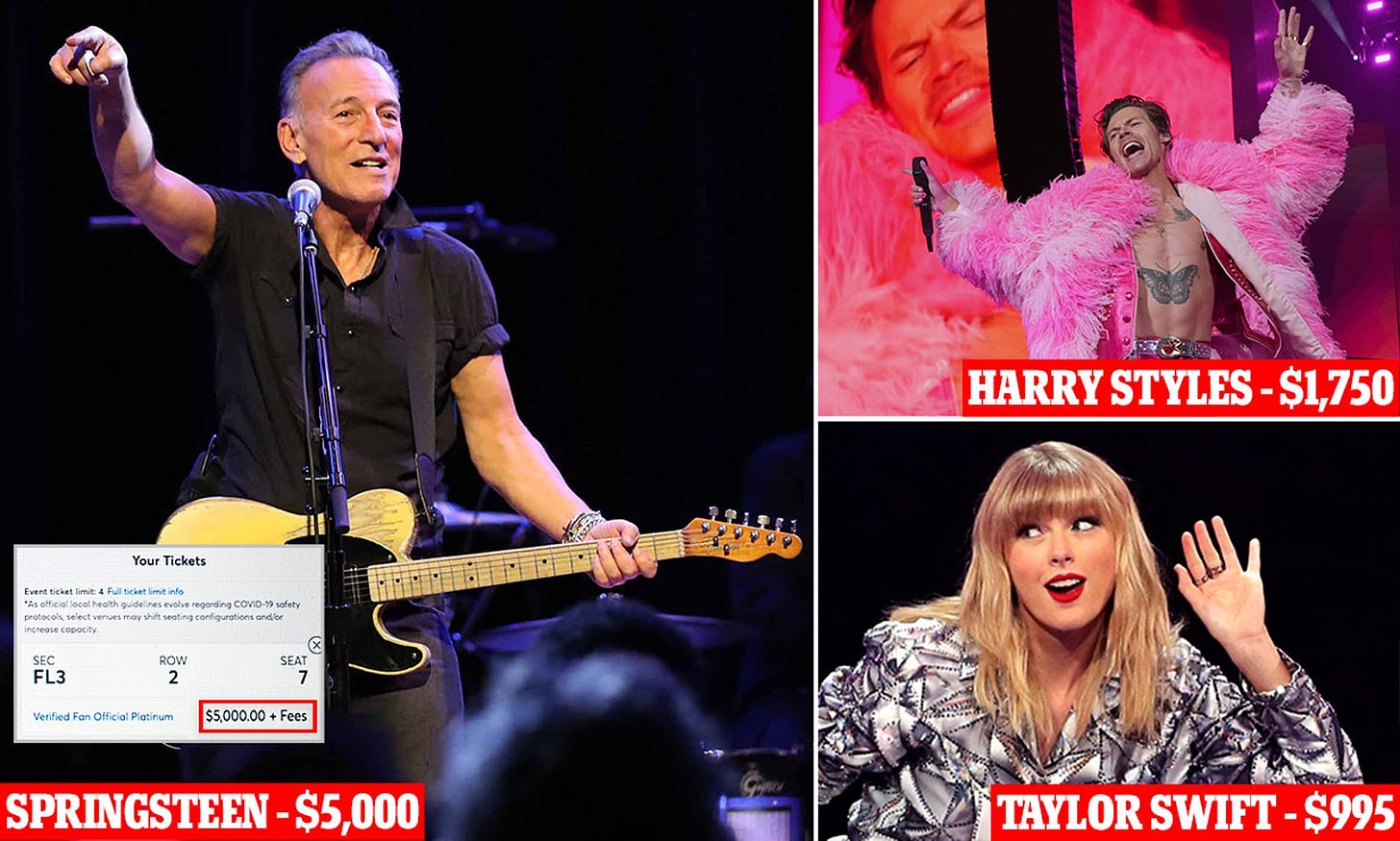
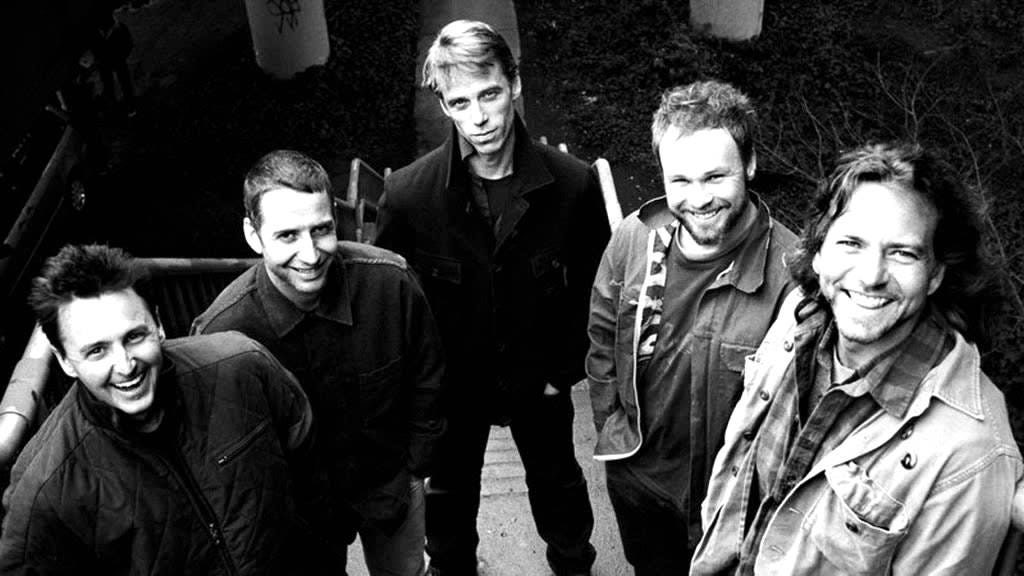




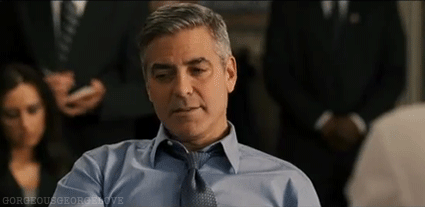

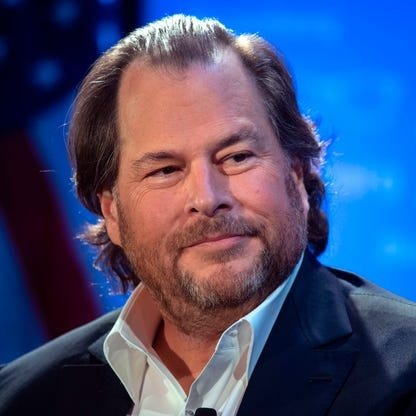

I really think if Taylor Swift pulled from Ticketmaster, people would follow. She has the kind of following to really make a difference. I’m grateful the last time I saw her I paid $75 per ticket 😅
It’s interesting to see how Ticketmaster continues to monopolize even 30 years later & gets away with it. Just one of the many greedy corporations continuing to drain the working class 😔